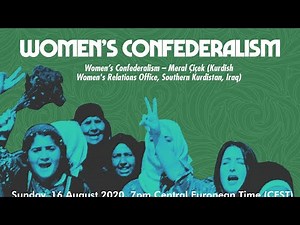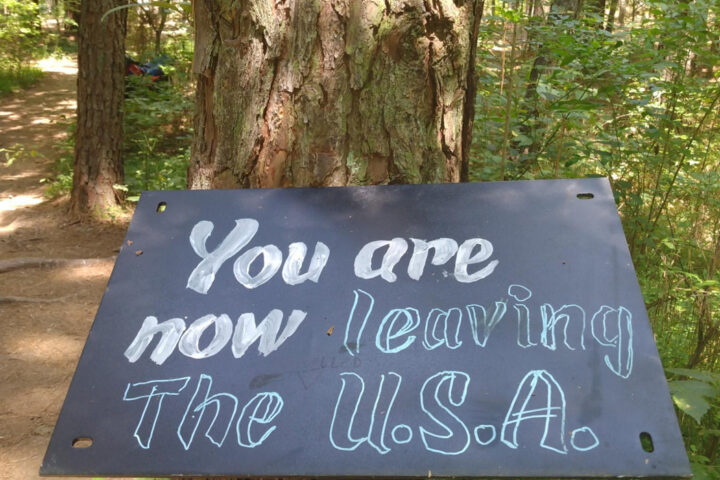Watch the Video from Women Weaving Future here
Questions around forms and ways to coordinate and unite women’s struggles are not new. But more and more women’s movements, organisations and activists are moving to women’s internationalism as a way of strengthening the global women’s liberation struggle, of fighting together against all forms of patriarchy and of building democratic alliances. This quest of women’s movements from all over the world reflects the changing conditions and opportunities of women’s liberation struggle in this first quarter of the 21st century. The Kurdish Women’s Liberation Movement has also been part of this discourse in the recent years, pitching its suggestion for a ‘World Democratic Women’s Confederalism’.
In this webinar, Meral Çiçek will address why it’s necessary for women’s movements to further think through the concept and idea of internationalism and why the Kurdish Women’s Liberation Movement believes Democratic Confederalism might be a structure and model for building a strong and effective global women’s struggle.
Meral Çiçek was born in a Kurdish guest-worker family in Germany. She became engaged in politics and women’s activism at the age of 16 with Cenî Kurdish Women’s Office for Peace in Dusseldorf. While studying Political Science, Sociology and History at the Goethe-University in Frankfurt, she began work as a reporter and editor for the only daily Kurdish newspaper in Europe, Yeni Ozgur Politika, for which she still writes a weekly column. In 2014 she co-founded the Kurdish Women’s Relations Office (REPAK) in Southern Kurdistan (Northern Iraq). She is also an editorial board member of the Jineoloji journal.
Meral Çiçek was born in a Kurdish guest-worker family in Germany. She became engaged in politics and women’s activism at the age of 16 with the Kurdish Women’s Peace Office in Dusseldorf. While studying Political Science, Sociology and History at the Goethe-University in Frankfurt she began work as a reporter and editor for the only daily Kurdish newspaper in Europe, Yeni Ozgur Politika, for which she still writes a weekly column. In 2014 she co-founded the Kurdish Women’s Relations Office (REPAK) in Southern Kurdistan (Northern Iraq). She is also an editorial board member of the Jineoloji journal.




